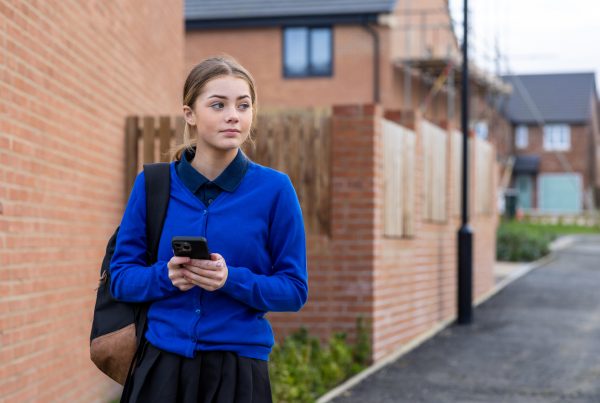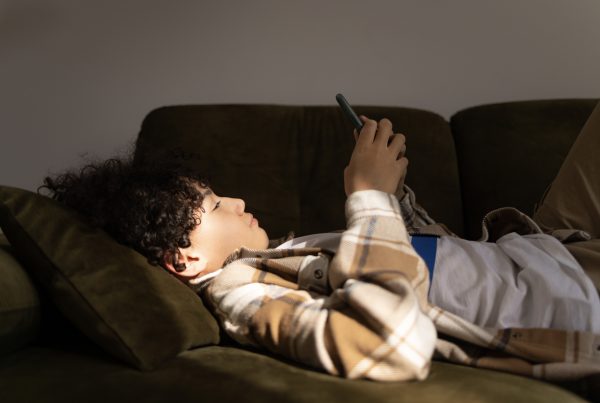Secondhand Effects of College Binge Drinking
We’ve all heard about the epidemic of binge drinking on college campuses across the country and the effects it can have on individual health and academic success. But what about the secondhand effects of this behavior? Much like smoking, collegiate binge drinking causes a host of secondhand problems for those that are surrounded by it.
In my freshman year of college I was on the rowing team and lived in a frat-like “team house” with my fellow rowers. Much like in a fraternity or sorority, many of my housemates and neighbors drank large quantities of alcohol after a win or on the weekends because this was the perceived college cultural norm. As it often does, this behavior caused many problems for my team as a whole including getting written-up for noise violations and being hung-over and late for practices and even races.
Unfortunately, many times it is not just those that engage in this activity that are harmed. Quite often these are the conditions under which fights, verbal and emotional abuse, and humiliating events such as hazing occur. It is also quite common, as I experienced more than a few times, to have one’s sleep disturbed by intoxicated roommates and neighbors or having to “babysit” a friend who could no longer take care of themselves.
The occurrence of ritual binge drinking has dramatic and widespread secondhand effects on both non-binge drinking individuals and college communities in general. Will this trend of binge drinking on college and university campuses continue? Unfortunately, it seems that a combination of stress, peer pressure and a cultural idea of drinking as part of the collegiate experience lead to this unhealthy and destructive phenomenon.






